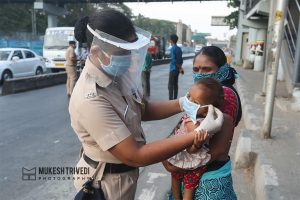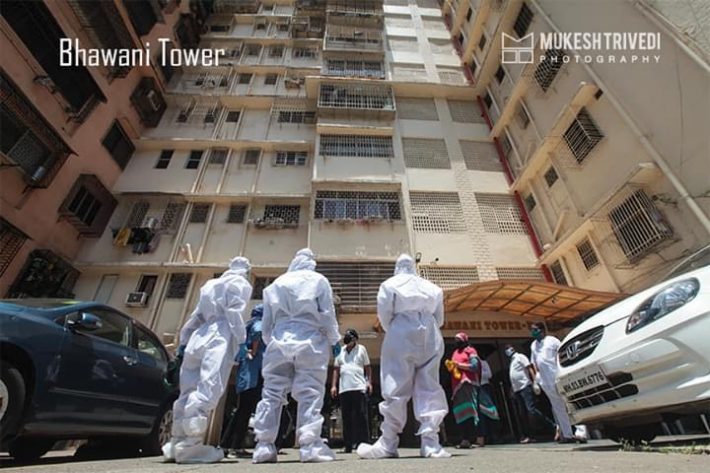The recent pandemic (Covid-19) has impacted education systems in universities around the world. The impact has been dramatic for institutions, academics, and students looking for workable short term solutions for online teaching and learning. The unique challenge facing higher education encouraged DEN to look for opportunities to stay in contact with students using online facilities. Through the academic initiative, we invited students to meet and organise feasible and appropriate projects at this time. Using Inside Westminster we have agreed that students will write an article and or provide a 5 minutes video of their reflection and experience of Covid-19. We have encouraged students from all over the world to express their stories and share them with each other, hoping that this would provide a channel not only to learn but also to engage with each other. Hence, the following articles in this section are students’ reflections/experiences of Covid-19.
We, as human beings, are going through one of the most significant challenges faced by us in an age of complete connectivity. In some way or form, COVID-19 has affected us irrespective of where we are on this planet, we all personally know people who have felt an impact of this invisible virus. I personally know people who were tested positive, fortunately, most of them have recovered from it while a few of them couldn’t. The pandemic has caused emotional, social and economical damage on everyone. People have lost their loved ones to this dreadful virus. For the past 5 months as a whole of India has gone into some form of lockdown. I have been reading accounts over the news and social media of the hardship this pandemic has brought upon people. This pandemic is not only taking a physical toll on our body but it is affecting our mental health as well. Unfortunately in India, the topic of mental health is considered as a stigma in our society. So people who suffer from mental health do it in silence with little or fewer resources. The isolation from the outside world for the better part of the year has brought new challenges of its own.

To be honest most of us by now have felt isolation, anxiousness in some form during this pandemic. So think about people who have to go through with this on a daily basis. The struggle for them during this pandemic has increased. The reason why I felt that I should talk about this is that I have been going through mental health problems as well. As the lockdown was put in place by the government, I have been confined to my room for the better part of this year now. In April, when my neighbour was tested positive for COVID-19 my anxiety attacks became regular. This pandemic has brought its own sets of challenges for me. My plan for the near future has been affected drastically. A sense of hopelessness is running through my mind keeping me awake at night. I have a good support system in place as this is not the first time I have had mental health problems. It just made me wonder about all those people who might be having mental health challenges but due to the stigma around it they are afraid of seeking help. The post-traumatic stress which this pandemic has brought upon most people is real and it should be addressed.

Intervention regarding mental health is key to address the issue. The true question is what kind of intervention is needed to prevent mental health. The state and central government have issued helpline numbers for people who struggle with their mental health. As a society, which has stigmatised mental health people are afraid of asking help in the first place. It should be a social responsibility of individuals to look out for people in mental distress and address it by an intervention. Most people might be suffering from mental health problems but not know it because they haven’t acknowledged their own struggles. As this pandemic is ongoing the mental health challenges will exist as well.

Most of the people who are suffering from mental health problems are people we know personally. They can be our loved ones, our friends or people we know from work. The way in which we as individuals could make a difference is by staying connected with people we know who are going through this ordeal alone. Our intervention in this regard can make a difference in someone’s life. This pandemic has brought some challenges to all of us. We live in an age of connectivity where we can virtually be in touch with everyone. We can be isolated physically but we don’t need to be isolated mentally and emotionally from our loved ones. One day a vaccine can be procured to eradicate this invisible virus but the mental health challenges for all of us will still remain.
Akash Londhe, Alumni of the University of Westminster, Masters in International Relations (2016-2017)
Pictures by Mukesh Trivedi
